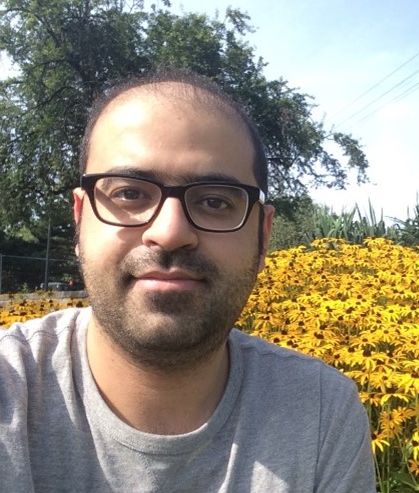Iran: Classical Music and Society
Supervised by: Dr. des. Kamyar Nematollahy, Musician and Ethnomusicologist from the University of Cologne.
The project explores the reciprocal relationship between Iranian classical music and the socio-political circumstances of Iran during recent years. Accordingly, one of the central objectives of this project is to illustrate the dynamics of change in Iranian music in the context of the various socio-political factors such as the ideology of the state, self-reflection, collective identity, modernization and globalization. A further research theme is analyzing music’s various functions in constructing or imagining a collective identity in Iran.
The following three articles will present the research results according to the mentioned domains of inquiry:
- “Iranian Classical Music, Virtual Space, Real Changes”
This article examines the influence of social media on performative as well as social aspects of Iranian classical music. In order to explore the changes social networks are creating within the practice and social circumstances of Iranian music, methodologies of various disciplines such as musicology, social anthropology, and media studies are employed. One of the chief sources of data collection for this research is the relevant textual, visual or auditory data on the internet. The major platforms through which data will be collected are Instagram and Telegram, due to their great popularity among Iranians and their centrality as sites of debate, exchange, and dissemination. As the analysis of Iranian music in the context of new media and the internet is a novel subject, Nematollahy has conducted e-fieldwork involving observation as well as interviews with musicians who are active on social media.
- “Iranian Music and the Construction of Collective Identity: the 1970s and Early-Revolutionary Iran”
This article explores interaction between Iranian classical music and collective identity in Iran chiefly during the early years of the Islamic Revolution. One of the central issues analyzed in this contribution is the relationship between the Chāvosh music series – as the most influential set of music productions of the late 1970s and 1980s – and the socio-political circumstances of Iran. In addition to the social and political aspects of Chāvosh, the technical aspects of Chāvosh music pieces are analyzed through music and lyrics transcriptions. This constitutes a novel approach in the academic research of Iranian music. The enquiry will be based on interviews with some influential musicians in Iran about how they perceive identity and also how they practice it in their work.
- “Understanding Iranian Music through Music Institutions”
The number of non-governmental music institutions in Iran has increased dramatically in recent years. This article explores the types of musical instruments and the genres of music that are being taught in some of Tehran’s best-known institutes. Furthermore, the musical activities of various age groups and genders will be compared. The chief goal of this research is to reveal the musical tastes of Iranians in various age groups, specifically the place of Iranian classical music in the musical teaching curriculum as musical trends in Iran shift over time. Data will be collected by fieldwork and observation of activities in music institutes of Tehran. Insights into Iranian music institutions will also facilitate further transnational collaborations in the field of musicology.

